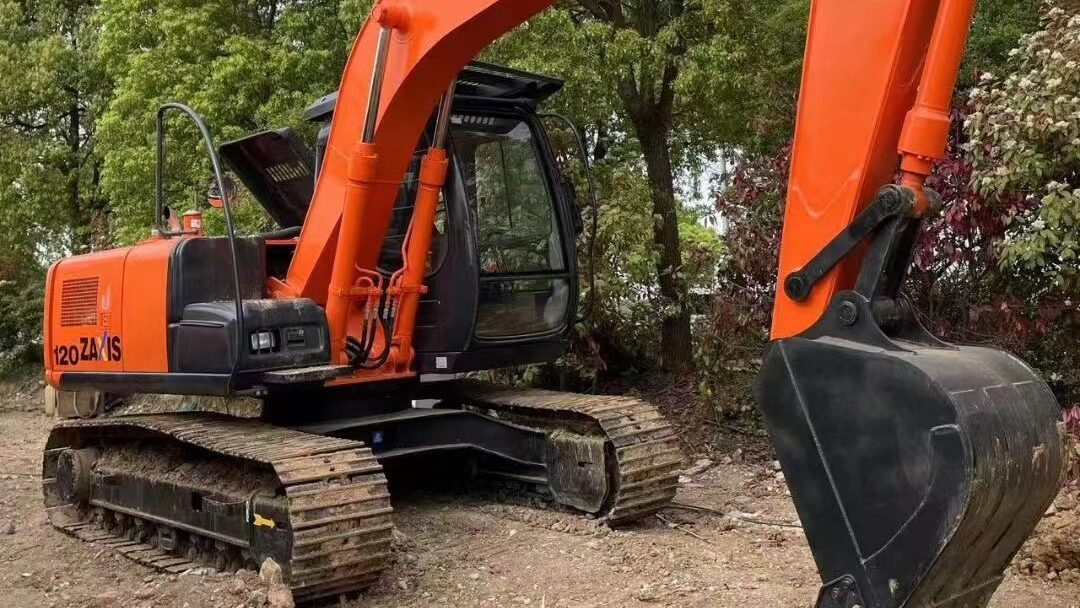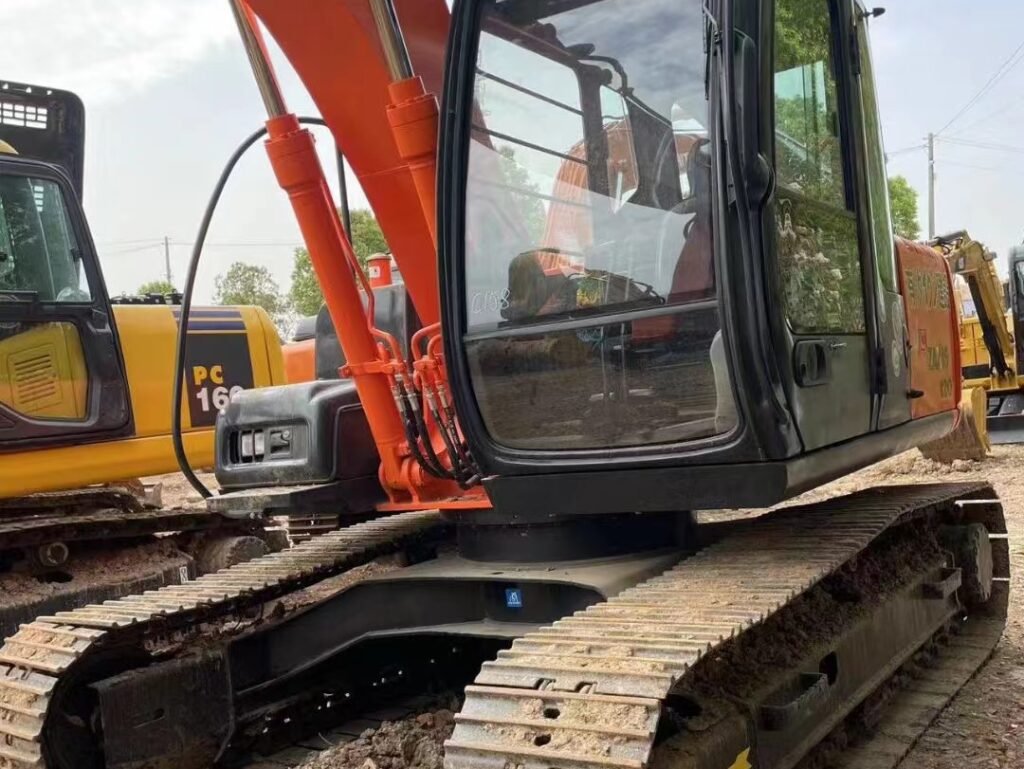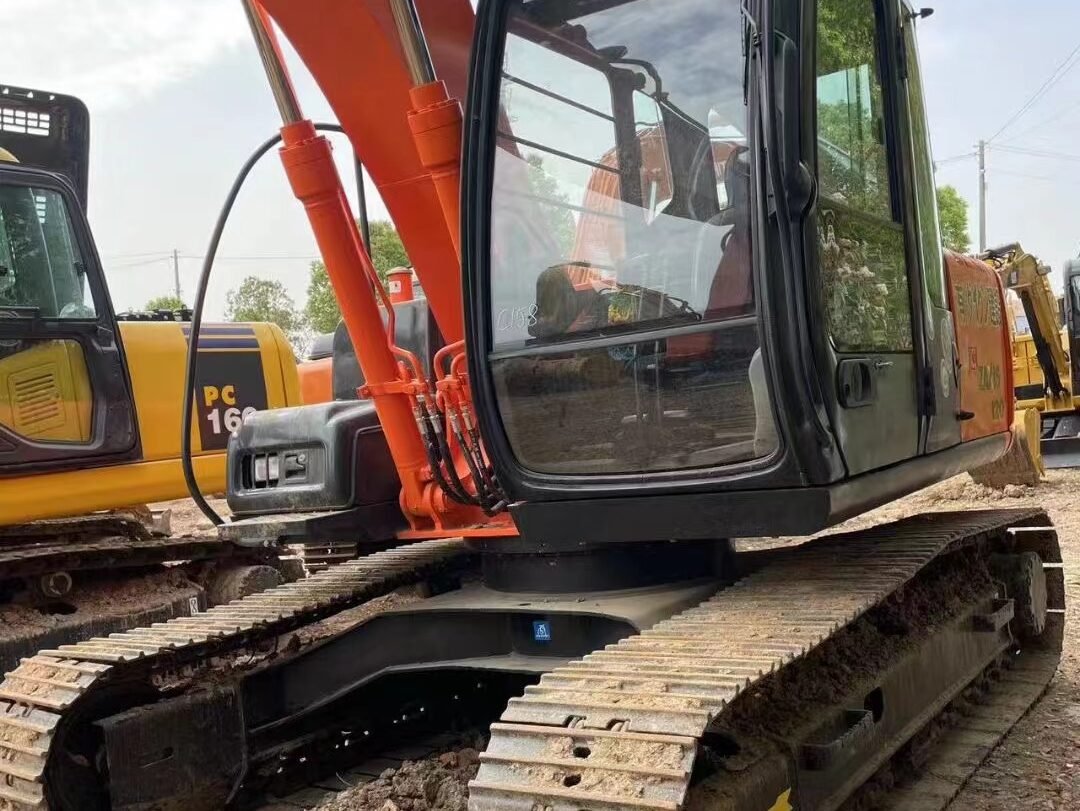I. Introduction
- Background
- With the continuous growth of infrastructure development and mining activities, used excavators have gained widespread application in the global market. Due to their high cost-effectiveness, many businesses choose used excavators as essential equipment. However, the performance and lifespan of these machines largely depend on the quality of maintenance. Effective maintenance measures can not only enhance equipment efficiency but also reduce operating costs, ensuring reliability during operation.
- Purpose
- This article aims to explore the key details in the maintenance of used excavators, emphasizing their importance for equipment performance and longevity. By focusing on and implementing these details, users can significantly improve the overall performance and value of their equipment.
II. Importance of Maintenance
- Ensuring Equipment Performance
- Regular maintenance ensures that equipment operates at its best, enhancing work efficiency. Well-maintained equipment can complete tasks more quickly and effectively, reducing downtime caused by failures.
- Reducing Repair Costs
- Details determine success or failure; addressing small issues promptly can prevent larger failures. For instance, regular checks of the hydraulic system can prevent catastrophic failures due to fluid contamination, thereby reducing costly repairs.
- Increasing Equipment Value
- Equipment that has been well-maintained is more attractive in the market and can fetch a higher resale value. Proper maintenance not only attracts buyers but also enhances brand image and strengthens market competitiveness.

III. Key Maintenance Details
A. Daily Inspections
- Exterior Inspection
- Regularly inspect the exterior of the equipment for surface damage, wear, and rust. The condition of the exterior can reflect the overall health of the equipment and help identify potential structural issues early.
- Fluid Level Checks
- Check the levels of oil, coolant, and fuel to ensure the equipment operates within normal ranges. Insufficient fluid levels can lead to overheating or other failures, and regular checks can help avoid these issues.
B. Mechanical System Maintenance
- Engine Maintenance
- Regularly change the oil and filters to keep the engine clean. Clean oil effectively reduces wear and extends the engine’s lifespan.
- Hydraulic System Maintenance
- Periodically check the cleanliness and performance of hydraulic oil and ensure the integrity of hydraulic hoses and fittings. The proper functioning of the hydraulic system is critical to the efficient operation of excavators.
C. Electrical System Checks
- Battery Maintenance
- Regularly check the battery’s charge and connections to ensure the electrical system operates normally. The health of the battery directly impacts the equipment’s startup and operation.
- Electrical Wiring
- Inspect electrical wiring for aging or damage, and replace any faulty components. Worn wires can lead to short circuits or equipment failures, so maintaining the electrical system is crucial.
D. Tire and Track Maintenance
- Tire Inspection
- Regularly check tire pressure and wear levels. Proper tire pressure is essential for safety and impacts the equipment’s work efficiency.
- Track Maintenance
- Ensure the tension and wear of the tracks are within normal ranges. Well-maintained tracks guarantee stability and safety during operation.
IV. Common Maintenance Misconceptions
- Ignoring Small Issues
- Many users often overlook minor problems, thinking they are insignificant, leading to larger failures later on. For example, neglecting small leaks in the hydraulic system can result in a complete system breakdown.
- Inconsistent Maintenance
- Failing to perform maintenance on schedule can lead to decreased equipment performance and increased failure risk. Regular maintenance is fundamental to ensuring long-term efficient operation.
V. Conclusion
- Summary
- Paying attention to every detail in maintenance is crucial for extending the lifespan of used excavators. Thorough maintenance not only improves equipment efficiency but also reduces subsequent repair costs.
- Recommendations
- Companies and users should develop detailed maintenance plans to ensure that every detail is addressed. Regular training for operators to enhance their maintenance awareness and skills will improve the overall performance and reliability of the equipment. By implementing effective maintenance strategies, the lifespan and value of used excavators can be significantly increased.



